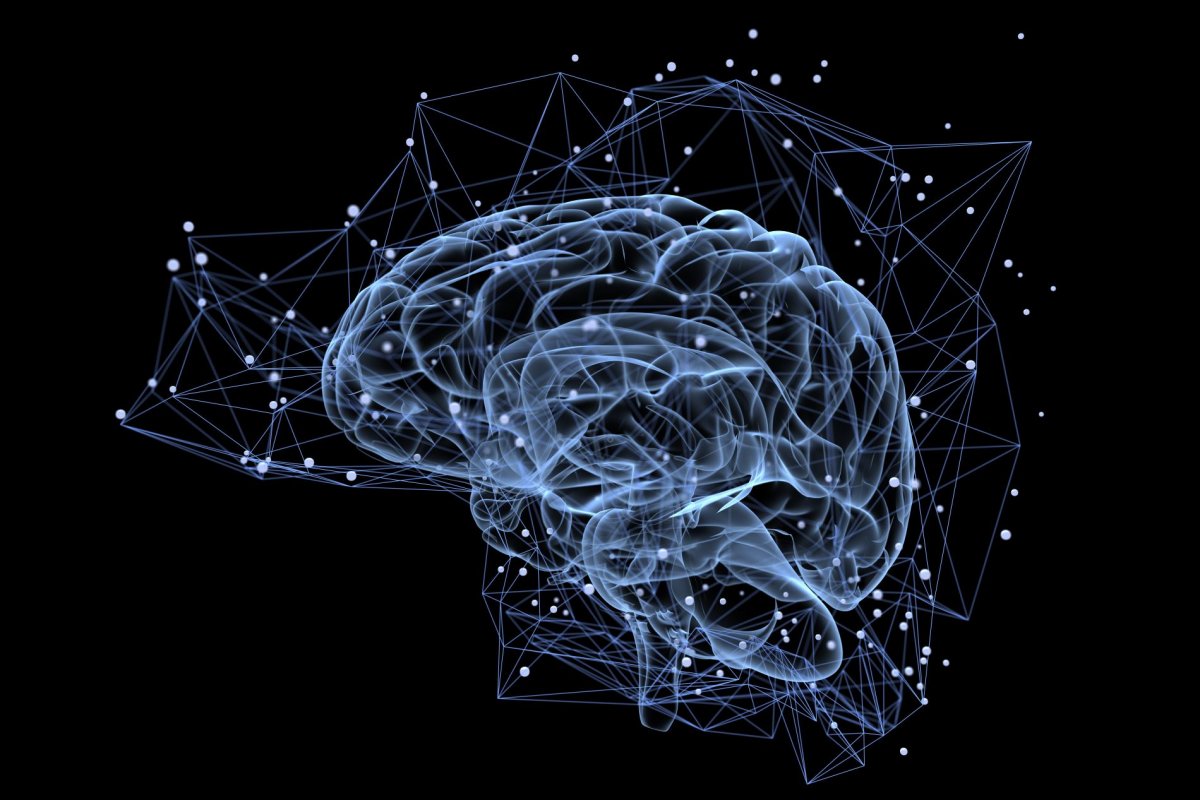Therapeutic role of sirtuins in neurodegenerative disease

ABSTRACT
The sirtuins are a family of enzymes which control diverse and vital cellular functions, including metabolism and aging. Manipulations of sirtuin activities cause activation of anti-apoptotic, anti-inflammatory, anti-stress responses, and the modulation of an aggregation of proteins involved in neurodegenerative disorders. Recently, sirtuins were found to be disease-modifiers in various models of neurodegeneration. However, almost in all instances, the exact mechanisms of neuroprotection remain elusive. Nevertheless, the manipulation of sirtuin activities is appealing as a novel therapeutic strategy for the treatment of currently fatal human disorders such as Alzheimer’s and Parkinson’s diseases. Here, we review current data which support the putative therapeutic roles of sirtuin in aging and in neurodegenerative diseases and the feasibility of the development of sirtuin-based therapies.
